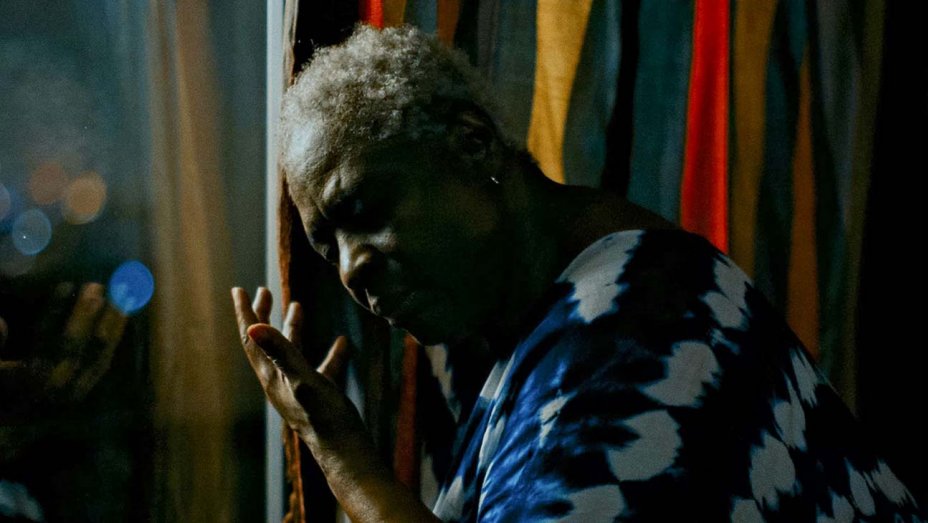|
The transcendental nature of art is explored through a singular conceptual construction in Damien Manivel's Isadora's Children, a film which is firmly interested in the affect of the spirit. Centered around four women in contemporary society whom have encountered the heart-breaking dance of Isadora Duncan, who following the death of her two children crafted a solo dance as a tribute and therapeutic device for her grift-ridden trauma, Isadora's Children is an incisive evocation on the transference which any creative act of expression can have. Whether it be between the art and the creator, or between the art and the observer, through its tactical yet emotive lens, Manivel has crafted an intriguing work which encapsulates the connectivity which an act of creation - an intrinsically personal endeavor - can have on the collective. Formalistically the film is quiet yet precise, unassuming yet crafted in a way that inhabits an ethereal quality through economic framing and assured directly which perfectly complements its conceptually grandiose ideals it attempts to elicit. Subverting the Freudian idea of a strict dichotomy between the body and the mind, this film places the physical - the body, movement - and the mental - emotion, intuition, experience - on equal plateaus, demonstrating how this one creative act of expression has far reaching tentacles which obfuscate the spatial and temporal constructions of our perceptions. The sharp vicissitudes intrinsic to living are told through a structuralism in which the restricting tenets of narrative are thoroughly subverted, as the film inhabits a space in which the personal intimacy and collective experience are synonymous.
0 Comments
Leave a Reply. |
AuthorLove of all things cinema brought me here. Archives
June 2023
|

 RSS Feed
RSS Feed
